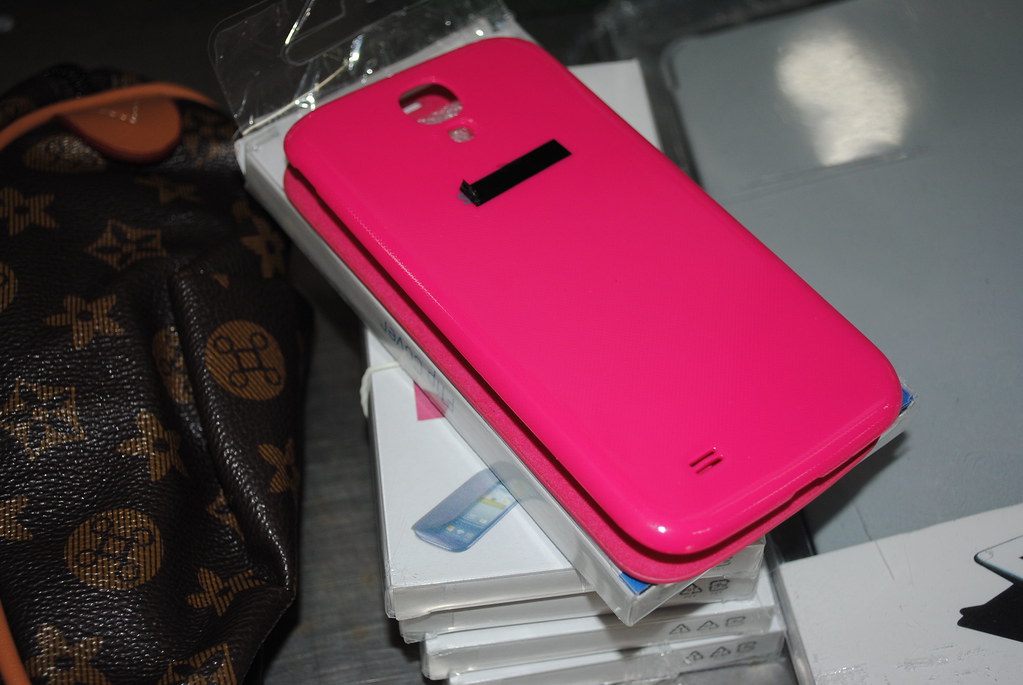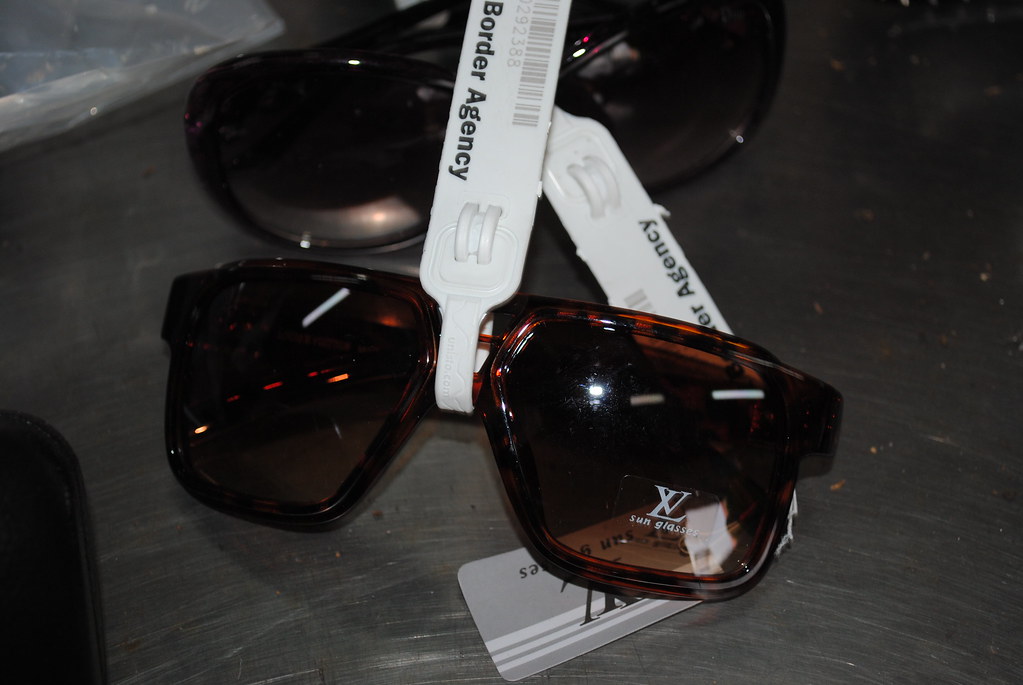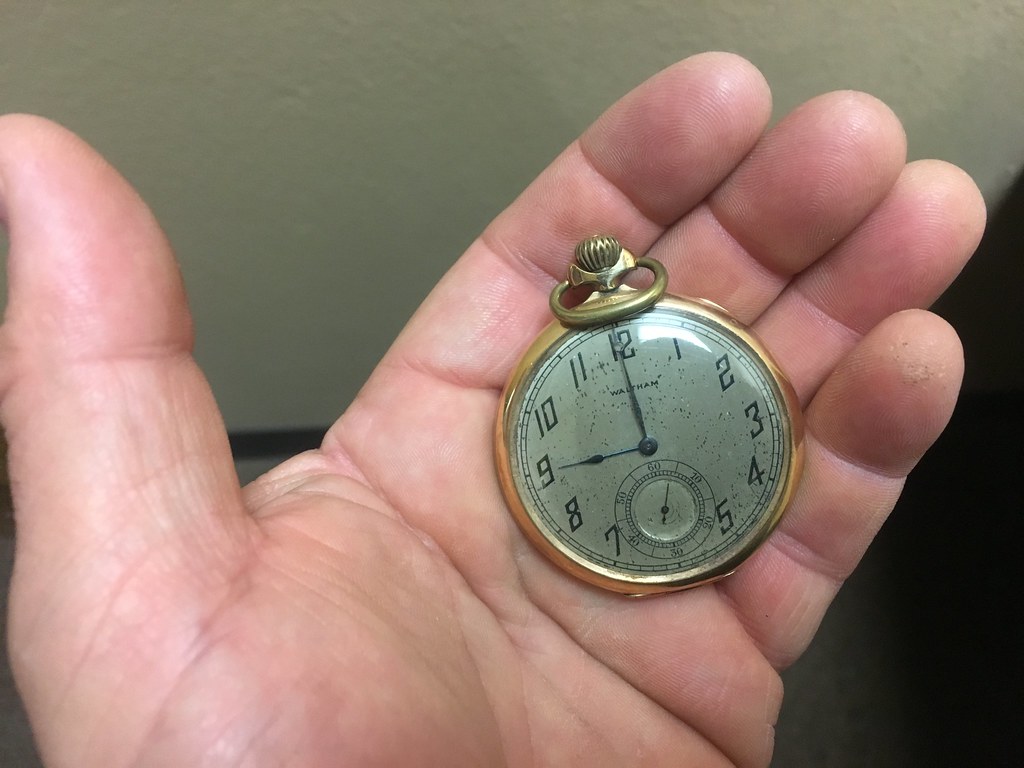10 Things Never To Bring Home From Vacation
Souvenirs you bring home from a holiday are a wonderful way to remember the perfect vacation. Yet, this is not the case if you get held up for hours by the customs officials because of a seemingly harmless memento that's actually strictly forbidden. The fact that you are only allowed to bring limited quantities of alcohol and tobacco back into your home country is well known, but what about fake sunglasses and handbags or sand that you collected at the beach? Making sure nothing comes home with you that shouldn't is worth contemplating before you travel as it'll save you a great deal of heartache and in some cases, even prosecution. Take a look at the following vacation advice.
1. Stones
While stones might seem like an innocent object to take away, there are several countries that treat this act extremely seriously. In Turkey, for example, there are strict laws regarding the protection of cultural property. This even applies to simple stones because of the possibility that some might in fact turn out to be antique relics. If the stone you decided to take with you is a valuable antique, it could mean up to 10 years in jail. In other countries, especially near archaeological sites, you should also exercise caution when it comes to pinching stones or rocks. In Egypt, three Germans were punished with five years behind, because they took pieces of rock from the Great Pyramid of Giza with them. In Iceland, collecting minerals and crystals is strictly prohibited.
2. Potatoes
Bringing food and certain drinks back home is always a bit risky. Take certain types of beer or homemade soups for example; these kinds of food and drink items will be removed from your possession. And if we thought we had it bad in the States, German customs won't even allow potatoes into the country. Their reasoning: there's a danger that bacterial ring rot could spread.
3. Coins
Cultural property is protected everywhere. What this includes is subject to interpretation. In China, for example, coins dating from before 1949 may not be exported. The tricky part about this is that coins are regarded as lucky charms in China and are often sold as chain pendants or decorative items. In Turkey, if you are caught with antique coins, whether fake or legally acquired, exporting them is punishable in both instances.
4. Sand
"Sand in my shoes," the famous hit from Dido, is not as romantic and innocent as it should be and if you have sand in your suitcase packed in with your shoes after a vacation, you may not be let off as lightly as you might think. In Italy, stealing sand is strictly prohibited. On the island of Sardinia, taking sand is punishable with a fine of up to $11,500. Remember to empty your shoes before leaving Tenerife and the Philippines too. In the Pacific Islands, collecting sand can result in a prison sentence of up to three months — and that's for first-time offenders! In Egypt, sand in itself is not under protection but because it sometimes contains traces of fossil coral it shouldn't be taken home.
5. Shells
In many parts of the world, shells used to be a means of payment. Today, shimmering calcareous shells are quite rare and a significant number have been classed as protected species. Basically, the more impressive the shell looks, the more you should keep your hands off them!
6. Carvings
Cultural heritage doesn't necessarily have to be something old. In the Caribbean, inhabitants are particularly protective of their works of art. For example, no hardwood carvings are allowed to be taken out of the country without prior approval. It's not sufficient to present the receipt as proof of the legal acquisition from local craftsmen.
7. Gifts for Friends
While it might seem like a nice idea to bring back certain goods from overseas as gifts for friends or souvenirs for relatives, keep in mind that there are fixed exemption limits for imports. Check your local customs office for up-to-date regulations on imports before going overboard with your vacation purchases!
8. Knock-Offs
You'll often be tempted by knock-off products overseas as they are cheap and usually well made. While most customs officials will usually turn a blind eye to the odd pair of fake Louis Vuitton sunglasses, if they find several pairs in your suitcase you could be liable to prosecution. Depending on the case and your intentions with the fake brand purchases, the customs could apply hefty fines or criminal charges — so take care!
9. Living Flowers & Dead Animals
Thailand is well known for its extraordinary orchids. However, as most species are threatened by extinction, the state prohibits exportation of any of these flowers. Endangered animals are also strictly protected (but not only in Thailand). You even have to be careful with stuffed animals, which are sometimes sold at the bazaars because taking them out the country can lead to a whopping fine of up to $62,000. On a side note: a very special case of importing a Swedish speciality known as Surströmming, a foul-smelling canned fish, is expressly refused by certain airlines such as British Airways or Air France, for fear of it exploding onboard!
10. Valuables Taken On Vacation
It's not only important to think about what you're bringing home with you, but also to consider what you are taking with you from home on vacation. Customs are often dubious about valuables which, if purchased before the trip, must be declared or they'll be cleared like newly acquired goods. If you are traveling to Egypt though, this prior declaration will mean nothing to them when it comes to antiques. The exportation of cultural antique goods is forbidden, even if you had bought the item legally back home. This is because in colonial times, Europeans legally "stole" some cultural treasures which the Egyptians are still eager to recover. So best not to take grandpa's pocket watch to the North African state.
Unfortunately, playing ignorant doesn't always protect you from being punished. When in doubt, stick to the safer option if you want to remember a place, either by taking photos or purchasing conventional souvenirs. Because even if the exportation of stones, sand or whatever is ultimately cleared, it will save you unnecessary trouble at the customs control. If you know someone about to travel, share these travel tips with them so they can enjoy their vacation to the very end!






